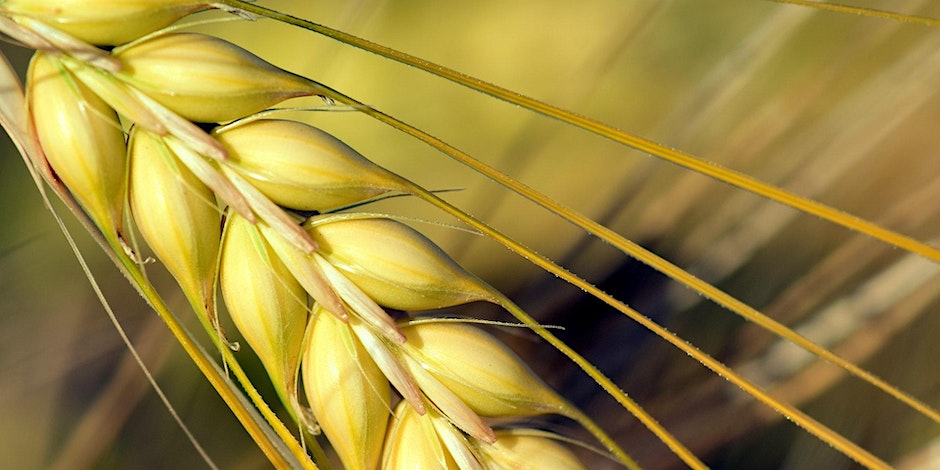Speaker bio:
Prof Thorsten Schnurbusch embarked on an inspiring journey in agricultural science, beginning with hands-on training in Permaculture and organic farming in Germany, which led to a Diploma in Agriculture. Pursuing a passion for plant genetics, Thorsten earned a Diploma in Agronomy and Plant Breeding and later a Doctorate in Natural Sciences from the University of Zürich, followed by a Habilitation (Dr. habil. agr) at MLU Halle-Wittenberg, Germany. Their global research odyssey saw them as a Postdoctoral Researcher in Switzerland and Australia and subsequently as the Drought Focus Group Leader at the Australian Centre for Plant Functional Genomics. Since 2008, they have been the Head of the Research Group Plant Architecture at the Leibniz Institute of Plant Genetics and Crop Plant Research, eventually becoming a Professor for Developmental Genetics of Crop Plants jointly appointed by IPK and MLU Halle-Wittenberg since 2019. Their remarkable journey is punctuated by prestigious awards, including the Feodor-Lynen Postdoc-Research Fellowship, Young Investigator Grant (BMBF-funded), Heisenberg Research Fellowship, ERC Consolidator Grant, and Heisenberg Research Professorship, reflecting Thorsten’s unwavering commitment to advancing agricultural science and sustainable farming practices.
Research interest:
“The main focus of my lab’s research has been on the genetic and molecular elucidation of inflorescence (spike) and spikelet development; both organs are crucial for establishing the grain yield potential in small grain cereals, i.e. barley and wheat. We are utilizing natural spike variants from wheat, and induced spike mutants from barley to clarify the genetic make-up of genes underlying developmental phenotypes for reduced or increased grain number per spike. We are therefore interested in the genetic and molecular determinants of spikelet and floret fertility in relation to grain yield formation.”

